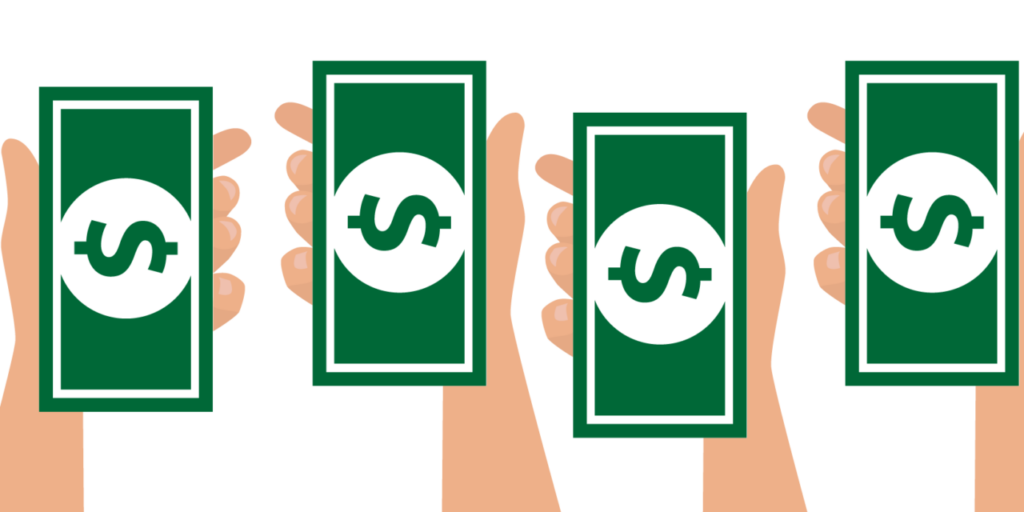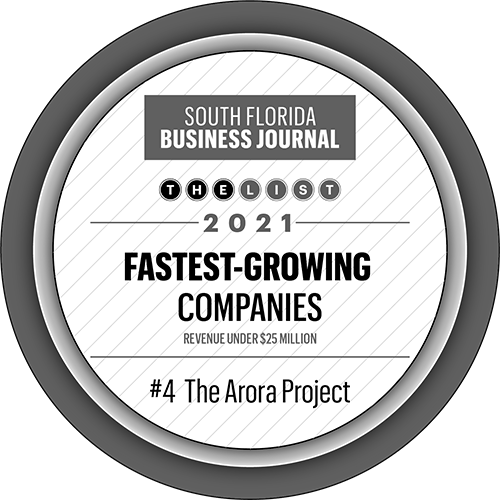If you’ve spent any time browsing equity crowdfunding campaigns, chances are you’ve stumbled upon a word, phrase, or acronym that you don’t know. In this week’s blog, we’ll review some of the most common terms you’ll see in the equity crowdfunding world.
For even more definitions you should know before embarking on an investment or crowdfunding journey, see Part 1 here.

Before taking any kind of journey into unfamiliar terrain, you should always make sure you know at least a little bit of the lingo—and this goes double anytime you’ve got money involved.
Understanding the terms of an equity crowdfunding raise will help you to better ensure that you’re not falling for fraud, or investing into a campaign that appears to be solid but doesn’t actually have adequate traction to justify their raise.
A Journey Through the Equity Crowdfunding Jargon
If you’re tired of rushing to Google to look up terms as you peruse a campaign on your chosen platform, we’ve got your back. Key terms, in alphabetical order:
Accredited investor: An individual with a yearly annual income greater than $200,000, or a net worth over $1,000,000 (without taking into consideration their assets like their home, vehicles, or businesses). Accredited investors are generally regarded as experienced investors knowledgeable about the complexities of investing in private securities.
“We chose to launch a Regulation D campaign to raise capital from accredited investors in the hopes of securing larger investments.”
Bootstrapped: For a company to claim bootstrapped status, they must have grown exponentially with little or no outside investments.
“Our hand-painted clocks business was started in my garage, and we bootstrapped to where we are now. This equity crowdfunding raise will be the first influx of capital from outside investors!”
Bounce rate: The percentage of visitors to a website—or in the case of equity crowdfunding, the campaign page—who leave before reading the entire page. Generally this is due to poor-performing copy or graphic images that don’t adequately capture attention.
“We should have hired a professional to help us with our campaign page. Right now, our bounce rate is way too high—people spend less than one minute reading our campaign before leaving to invest their money somewhere else.”
CAGR: An acronym that stands for “Compound Annual Growth Rate”, referring to the amount an investment will grow from the beginning balance until the end. The ending balance is calculated assuming any gains from the investment are reinvested.
“According to a new study found in Forbes, the global market for hand-painted clocks is projected to grow at a CAGR of 7% over the next three years.”
Capital: The money a company has available to fund its day-to-day operations and future growth.
“We needed an influx of capital to help us grow, so we partnered with Arora Republic on an equity crowdfunding raise.”
Donation Crowdfunding: A fundraising venture in which someone asks for donations from a large group of people, and does not promise anything in return.
“After my mom was diagnosed with cancer, we launched a donation crowdfunding campaign to raise money for her treatment.”
Lead investor: The primary investor and ambassador for an equity fundraising campaign, contributing both financial support and their expertise to the founders they’ve invested in. Equity crowdfunding raises are all required to have a lead investor to increase the legitimacy of the campaign.
“Our lead investor invested $50,000 into our venture, and works tirelessly to ensure we hit our funding goal.”
Non-Accredited Investor: Individuals who do not meet the criteria of an accredited investor. Also known as retail investors, non-accredited investors were unable to invest in private private companies in exchange for equity before 2016’s JOBS act.
“When we needed capital to scale our business, we launched an equity crowdfunding raise so non-accredited investors could invest small amounts in our company and diversify our investor pool.”
Private Company: A company held under private ownership. Private companies may issue stock and have shareholders, but they do not trade their shares on public exchanges like the DOW or NASDAQ.
“At this time, we are still a private company, and are not subject to the rules and regulations imposed on the companies who trade publicly on the stock market. This does not mean that we do not have rules and regulations of our own.”
Public Company: Companies that trade their stock publicly, have shareholders, and made their entry to the market via an Initial Public Offering (IPO).
“After several successful years as a private company, we went public with an IPO and now trade on the stock exchange.”
Reward Crowdfunding: A mechanism to raise capital for creating a product or service, which is given to investors in exchange for their investment.
“Video games are my life! That’s why I invested in the reward crowdfunding campaign of an up-and-coming gaming company who is making a game I’d like to play.”
ROAS: An acronym for “Return on Ad Spend”, referring to the amount of money made from a targeted advertising campaign. A simple formula for calculating ROAS is to take the amount of revenue collected as the direct result of advertising and divide it by the amount of money spent on ads. The resulting number is the ROAS.
“The ads campaign strategized by the incredible team at Arora Republic was a runaway success! We spent $7,050 and raised $150,000—that’s a ROAS of 21.28%!”
ROI: An acronym that means “Return on Investment” and is a measure used to understand how much was earned in profit from an investment.
“I invested $5,000 into an equity crowdfunding campaign, and five years later when they were acquired, I made $125,000. That’s an ROI of $120,000, or 25x!”
Securities: Tradable financial instruments used to raise capital in both public and private markets. Primarily, securities consist of equity (which provides ownership rights to those who hold equity) and debt (which are loans paid back with periodic payments). Public sales of securities (such as on an equity crowdfunding platform) are regulated by the SEC.
“I invested in an equity crowdfunding campaign so I would be issued securities and became a part owner in a company that I believe in.”
Unicorn: A privately-held company with a net worth of at least one billion dollars.
“Three years ago, we used equity crowdfunding to raise $1,000,000 for seed capital. As of today, we’ve hit a billion-dollar net worth and are now a rare equity crowdfunding unicorn.”
Venture Capital: A firm, or team, of financial experts who pool money to invest in startups and small businesses. Often shortened to VC. Generally, venture capitalists will only invest capital into high-promise ventures with a higher possibility of success.
“After reviewing our financials and pitch deck, venture capital firm Arora Capital invested $500,000 in our startup.”
Still Have Questions?
You wouldn’t hire a plumber to perform surgery on you, because medicine isn’t a plumber’s area of expertise. In the same vein, you shouldn’t trust your raise with someone who doesn’t fully understand the ins and outs of the industry like we do. Apply to partner with Arora Republic, and rest easy knowing that your campaign is in the very best of hands.








